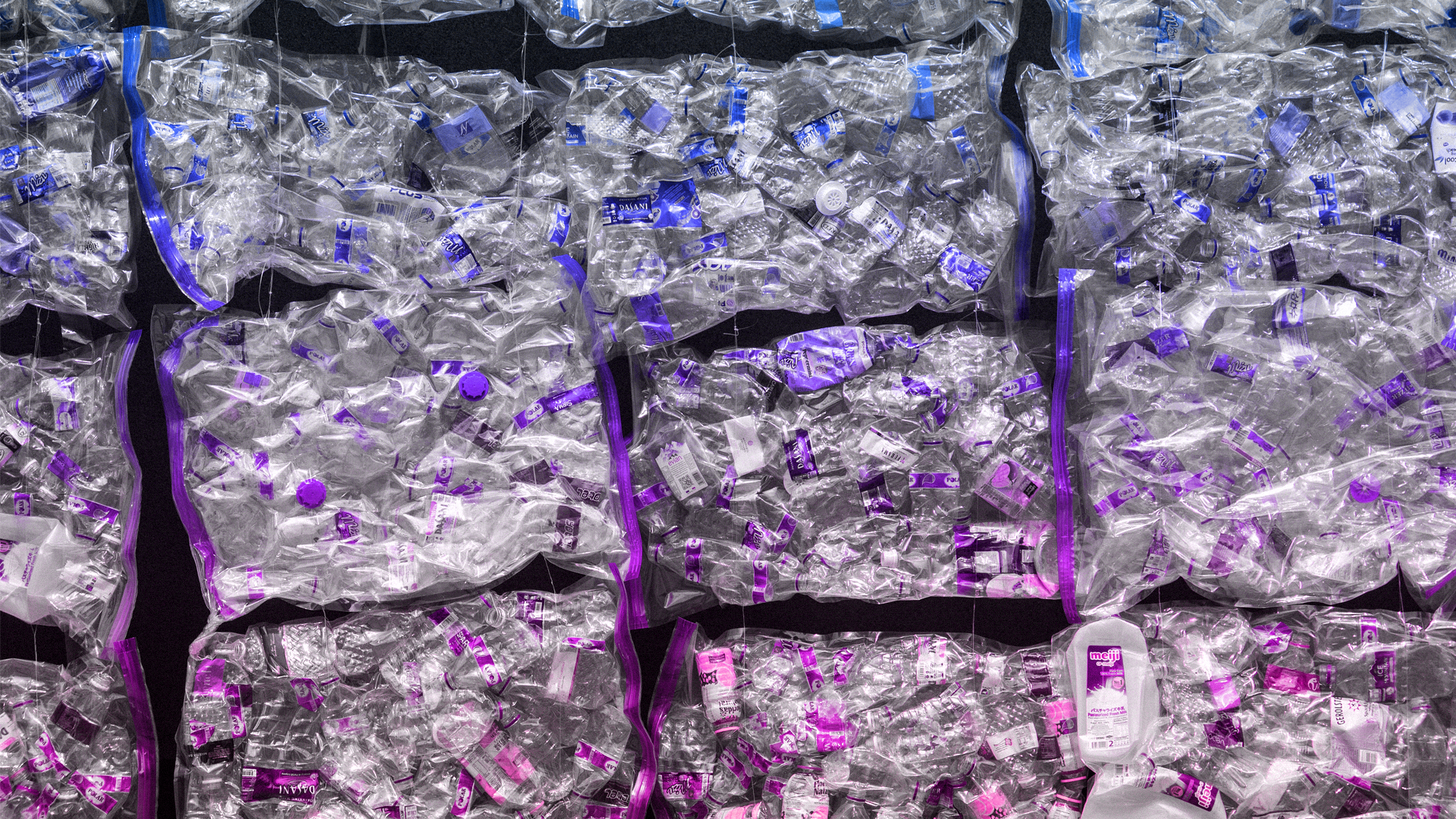Chemists have successfully converted plastic waste into a clean reusable source of hydrogen. Could this become a viable way of reversing the damage caused by plastic pollution?
A team of chemists at the University of Oxford have developed a potentially revolutionary way of repurposing plastic waste sustainably and quickly using microwaves.
Currently, everyday plastic waste takes around 1000 years to degrade naturally, but research leader Professor Edwards’ new method of converting bags, bottles, and general packaging into reusable hydrogen may provide a feasible way of slowly reducing the total amount left to decompose in waterways and landfill.
Plastic waste – in particular carrier bags – contains a hydrogen density of around 14% and scientists have previously suggested that we may be able get rid of existing plastic waste whilst simultaneously collecting cleanly produced hydrogen. This, in turn, could help decarbonise industries currently relying on fossil fuels. Two birds, one stone.

Edwards and his team have added serious credence to that prospect with a recent small-scale experiment. Taking samples of plastic waste weighing around 300 grams and breaking them down in a regular kitchen blender, they mixed the solution in a catalyst of iron and aluminium oxide and heated the contents in a microwave generator at 1000 watts.
The team were hoping that by microwaving the catalyst solution, and not the stubborn plastic directly, they could extract the hydrogen concealed in the plastic without using an abundance of energy to break it down directly – as plastic doesn’t absorb microwaves itself, unlike the catalyst. Their hunch was correct.





















